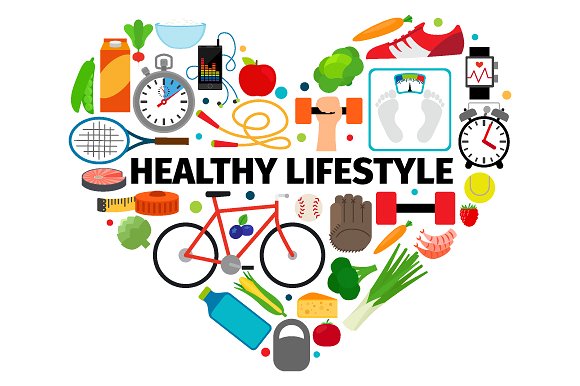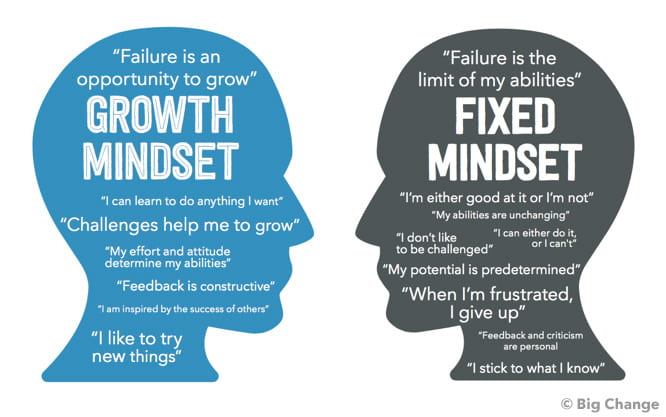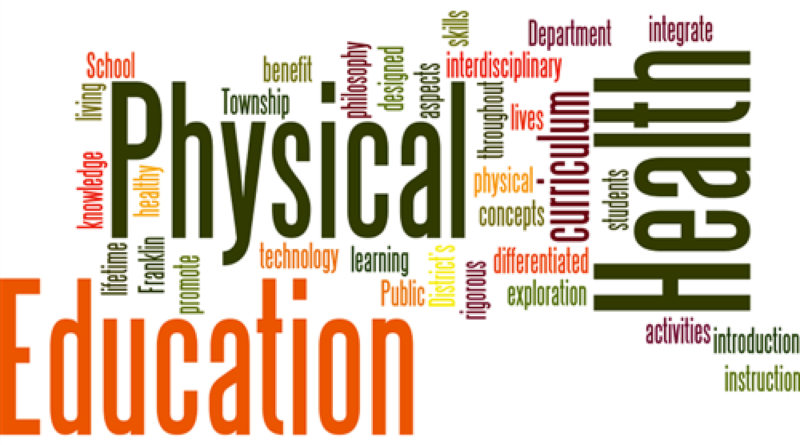Why Should We Care About Physical and Health Education?
Is Physical and Health Education really just glorified recess?
It’s not whether you win or lose, it’s how you play the game.
Grantland Rice

I have been asked often, “What is the purpose of Physical and Health Education?” or “Why do we have to take notes or turn in assignments in PE class?”. Both excellent questions and I hope in this post I can help to shed some light on the relevance and usefulness of the skills and knowledge learned during our Physical and Health Education lessons. I hope that this information can prove, not only as informative, but also help motivate students to do their best in future PHE lessons. Students should know that in PHE, its not about how good or athletic we are or how many times we win the game or lose; its about how we approach our own learning, how we choose to develop ourselves and our skills along the way.
Physical and Health Education (PHE) plays an important role in the overall development of students. Not only does it help students maintain a healthy lifestyle, but it also teaches important life skills that can be applied long after graduation.
One of the primary benefits of PHE, and also one of the more obvious benefits, is that it helps students develop their own physical fitness and better habits that contribute to a healthy lifestyle. Regular exercise and physical activity can improve physical health and reduce the risk of chronic diseases, such as heart disease, diabetes, and obesity. Additionally, PHE can help students learn more about good and bad nutrition and show them how they can develop good eating habits along with the benefits of doing so. This information can stay with a student and be of use to them for the rest of their lives and they apply the information to stay fit, lose weight, or whatever their own personal goals may be.
Another important aspect of PHE is the valuable life skills that it teaches students. For example, our PHE classes here at EISB often include activities that promote cooperation and teamwork. These are essential skills for success in the workplace and even in a student’s personal relationships. Additionally, PHE classes also teach students how to set goals, how to manage time, and how to prioritize tasks; all skills that vital to success in any field after graduation.
Another benefit of PHE is that it provides students with opportunities to challenge themselves and develop a mindset focused on personal growth and development. Physical activities, such as sports and fitness programs, can help students learn to persevere in the face of obstacles and overcome challenges, whether it be challenges set by the teacher or themselves. This helps the student to become a problem-solver, to be a thinker, and to become more reflective of their own development.

Finally, PHE can help students build confidence and self-esteem. By participating in physical activities and sports, and through their own development in these categories; students can learn to feel good about themselves and their abilities. They will see that with proper planning, and effectively executing this plan they will be able to accomplish almost anything they put their mind to. This can help boost their self-esteem and increase their confidence, which are essential for success in both their personal and professional lives.
In conclusion, Physical and Health Education is an essential part of a student’s education. It helps students develop physical fitness, healthy habits, and valuable life skills that can be applied long after graduation. Whether it’s through teamwork, goal setting, or building self-confidence, PHE provides students with the tools they need to lead successful and fulfilling lives. I hope that you have found this post to be informative and helpful.




